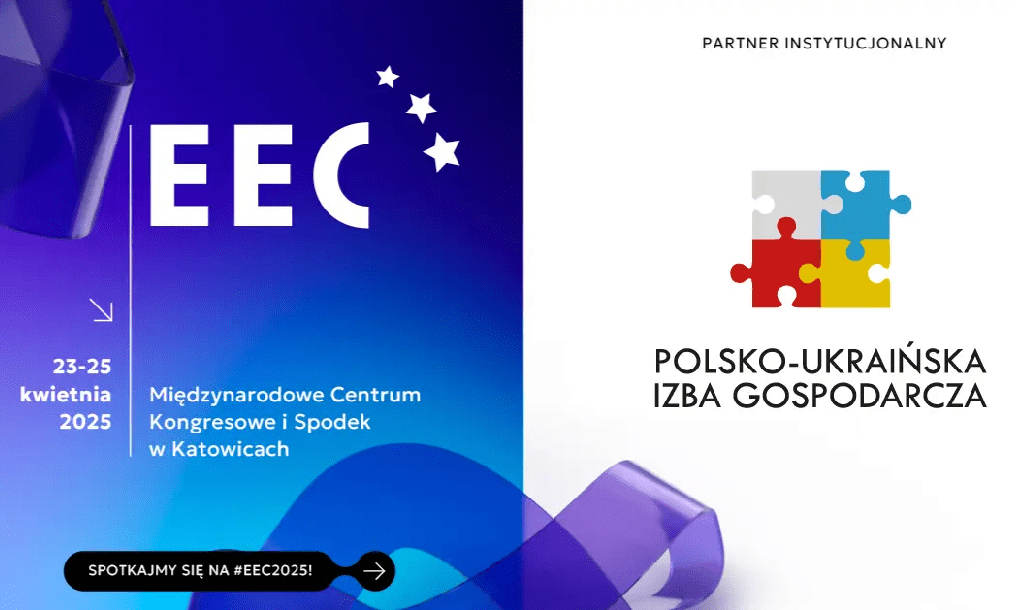Panel at the European Economic Congress demands that Poland's monopoly be ended.
Panel at the European Economic Congress demands that Poland's monopoly be ended.
Since Poland's monopoly is out of step with the rest of Europe, an expert group has urged that it should be ended.
The Sports Totalisator
Held as part of the 24th European Economic Congress, the panel urged Poland's government to do more to combat online gambling and break the country's stranglehold on the iGaming industry.
President Zdzislaw Kostrubala of Poland's gambling trade group (Graj Legalnie) called the monopoly model a "relic of a bygone era" during the conference.
The Polish government has opened the sports betting market to private operators, but the country's sole legitimate online casino is Totalisator Sportowy, run by the state.
But the panel did notice that the Polish people don't seem to know much about the difference between lawful and illegal.
Kostrubala cited statistics released by the Ministry of Finance that asserted the existence and ongoing creation of 50,000 domains for illicit games.
However, he did say that blocking all illicit websites is difficult and that the state and criminals are now engaged in a "cat-and-mouse game" as a result of this enforcement activity.
As a group, we are not opposed to regulation in the slightest. "We oppose ineffective regulation," Kostrubala declared.
"Keeping things as they are, I don't see how we can improve our social, economic, and competitive situations."
The monopoly in Poland's gambling industry is out of touch with reality
The vice president of the Warsaw Enterprise Institute, Piotr Palutkiewicz, informed the panel that the monopoly model and the rule of law did not correspond to the actual market situation.
If a customer wants to play legally but doesn't realise they're dealing with just one legal organisation, they'll end up playing at illegal casinos regardless, according to Palutkiewicz.
Some EU states appear to have a widespread problem with the general public's lack of knowledge regarding legality. The majority of Swedish gamblers (72%) do not know which goods are licensed and which are unlawful, according to a recent research by Spelinspektionen, the country's authority.
Among the few markets where a monopoly is still in place, Palutkiewicz mentioned Poland.
"Nearly all countries have already introduced a licensing system," Palutkiewicz added, citing the experience of EU members.
Just recently, Finland made headlines for announcing that it will be breaking away from its long-standing gambling monopoly. Its internet betting market is set to open to private operators in January 2027, according to a draft law published in July. Parliament is anticipated to hold a vote on the bill by June.
This comes after the deregulation of the Swedish market in 2019.
A number of political parties have stated their support for an open market in their manifestos for the September 2025 general election, which could lead to the end of Norway's gambling monopoly—the only Nordic country to still have one.
Concerns about unlawful websites
During their discussion of the grey and black markets, the panellists recognised the danger that unauthorised websites pose to both customers and the government.
It referenced statistics that indicated PLN230 billion ($61 billion) had been transferred to tax havens via gambling. The loss of tax revenue totalled PLN5.8 billion ($1.5 billion) for the state.
The battle against the grey market is not progressing fast enough, according to Olgierd Cieślik, the former chairperson of the state monopoly Totalisator Sportowy. Cieślik pointed out that, in terms of participants, the monopoly is anticipated to expand by about 5% of the legal market.
But he did mention that the black market is beginning to overtake the legal sector in terms of revenue.
The legal market had a turnover of around PLN67 billion in terms of revenue last year. At PLN65 billion, it is the illicit one. "And it is expanding significantly," Cieślik stated.
As stricter laws, such as deposit limits and financial vulnerability checks, are implemented, it becomes more difficult for gaming regulators across Europe to drop channelisation.
According to Wojciech Szpil, another ex-chairman of Totalisator Sportowy, there are still problems with the Polish legal system. According to him, Poland's economy had fallen behind the times.
Adding, "The state has not kept up with the law to really get ahead of what the market can offer," Szpil continued.
He was adamant that offshore licensing systems such as Malta, Gibraltar, or Curaçao were the source of the "shadow economy" and that more might be done to combat it. But he did point out that the National Tax Administration or the Ministry of Finance would have to take action for this to happen.













